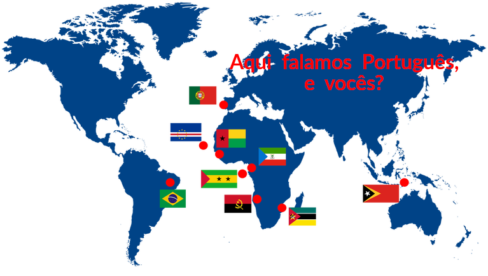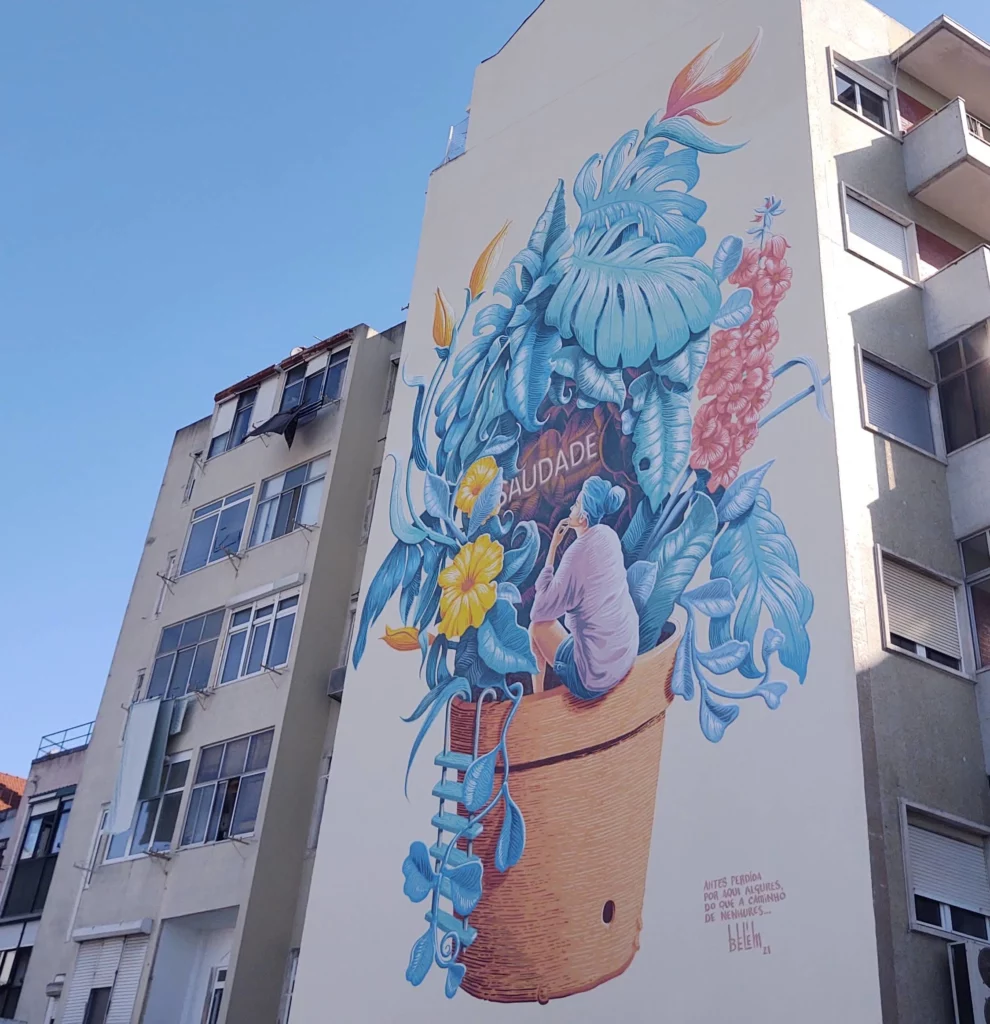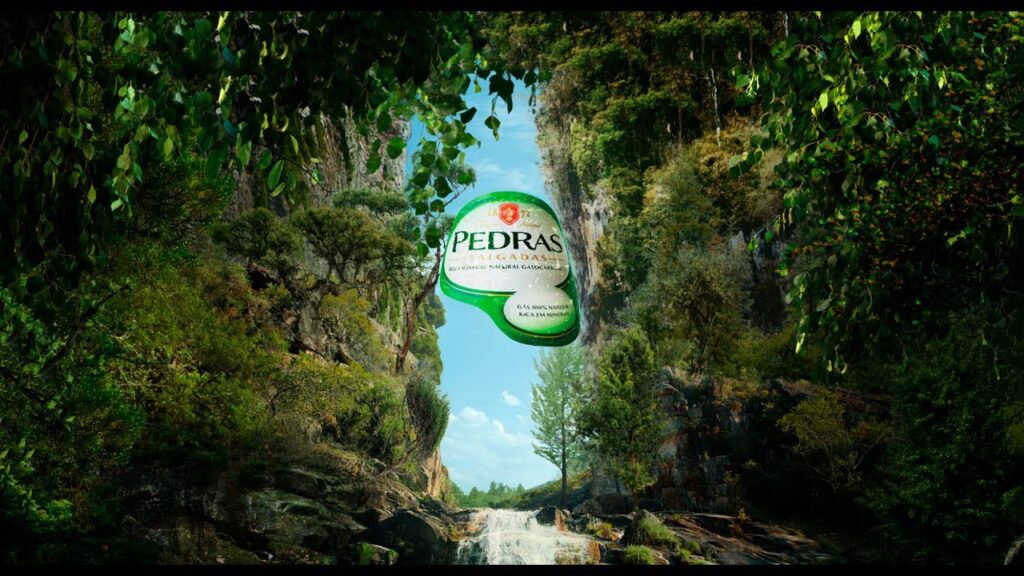Learn the differences in the Portuguese Language
The Portuguese language is a musical language full of passion and history. It is one of the top 10 most spoken languages in the world, and most of them are native speakers. Due to the Age of Discovery and colonizations, there are a lot of countries in the world where Portuguese is the official language. So, there are a lot of differences in the Portuguese language spoken all over the world. Let's learn them here to not make important mistakes.
What are the topics of this post?
In which countries is Portuguese the official language?
Portuguese is the official language in 12 countries around the world. In almost every continent there are countries where Portuguese is the official language. From Portugal and his islands in Europe, to Brazil in Latin America over for example Angola, Mozambique and Cabo Verde in Africa. Finally, also 2 nations in Asia. Almost 300 million people speak Portuguese. This post gives a list of all the countries.
"A language spoken all over the world"
First, let's take a look where in the world the Portuguese language is the official language. Did you know that in more than 10 countries they speak Portuguese? And yes, on almost every continent. All these countries are a member of CPLP. See the country list below.

keywords:
#portuguese, #language, #cplp, #creole, #differences, #brazilian
"Almost 300 million people speak Portuguese"
As you can see in the list and on the map, a lot of people in the world speak Portuguese. This means that a total of at least around 280 million people have Portuguese as their native language. But a lot of Portuguese speaking people are living elsewhere in the world. So, maybe it is a lot more. Portuguese is one of the 10 most spoken languages in the world.
What are the differences in the Portuguese language?
"A lot of variants with a lot of differences"
Because the language is so wide spread over almost all continents of the world, their are a lot of differences in the language in some countries and some have their own creole variant. But the basics are the same and these comes all from the European Portuguese, from Portugal. So, with the European Portuguese you have the most basic language skills to express yourself in every Portuguese speaking country. Just keep in mind not all words, pronunciations and usage of the words are the same in every country.
European vs Brazilian Portuguese words
"Be careful to not make important mistakes"
Below is a list of a few differences between the European Portuguese and Brazilian Portuguese. And their are also some words that you can use in Portugal without a shame and are sweet, but you better never do in Brazil, like "rapariga".
ENGLISH
breakfast
cup
coffee
juice
sandwich
butchery
ice cream
refrigerator
identity card
driving license
shop window
comics
brown
suit
mobile phone
bathroom
train
bus
bus stop
convertible
pedestrian crossing
PT PORTUGAL
pequeno-almoço
chávena
bica (Lisboa) / café
sumo
sandes
talho
gelado
frigorifico
bilhete de identidade
carta de condução
montra
bandas de desenhada
castanho
fato
telemóvel / telelé
casa de banho
os comboios
autocarro
paragem
descapotável
passadeira
ENGLISH
breakfast
cup
coffee
juice
sandwich
butchery
ice cream
refrigerator
identity card
driving license
shop window
comics
brown
suit
mobile phone
bathroom
train
bus
bus stop
convertible
pedestrian crossing
ENGLISH
breakfast
cup
coffee
juice
sandwich
butchery
ice cream
refrigerator
identity card
driving license
shop window
comics
brown
suit
mobile phone
bathroom
train
bus
bus stop
convertible
pedestrian crossing
PT BRAZIL
café da manhã
xícara
cafezinho
suco
sanduíche
açougue
sorvete
geladeira
carteira de identidade
carteira de motorista / de habilitação
vitrine
história em quadrinhos
marrom
terno
celular
banheiro
trem
ônibus
ponto de ônibus
conversível
faixa de pedestres
Tu - second person singular
"Spoken usage differences"
In Brazil, they don't use anymore the second person singular, 'tu'. So, they use only the 'você'-form when they speak to an individual person. In Portugal, it is common to use the 'tu'-form when you know the other person very well. So, using only the você-form over there can become very strange for the other person when you are under family or good friends. Because for Portuguese people, the você-form is for formal use or when you don't know the other person very well.
Regional differences
"Uma bica ou um café?"
In Portugal itself there are also a few differences in the language. This is more between the capital region Lisboa and the rest of the country. A typical lisboeta, an alfacinha, will more order a "bica" in stead of a "café". It is both the same: an espresso coffee, but "bica" is the typical word from Lisboa. In the rest of the country they don't know very well what you mean if you use that word. Bica stands literally for: "Beba Isto Com Açucar" ("Drink This With Sugar").
"Order the right beer"
In the same way, in the north of Portugal for a beer under pressure. Around Porto, they speak of "Fino" and "Princípe" and in the south of the country they call it an "Imperial". This finds more his origin from the 2 large beer manufacturers in the country: Sagres and Super Bock.
Thank you
"Say thank you the right way"
Last but not least, when you will say "Thank you" to a person, a man says "Obrigado" and a woman "Obrigada". The difference is because it reflects to the the person who speaks and not to the person you are talking to.
So,
muito obrigadinho por ler essa notícia.
Online dictionary
"Online language help"
Dicionário Priberam is a very good online dictionary about the Portuguese language. You also discover the differences of the standard European Portuguese of Portugal and Brazilian Portuguese.
Read More
"Selected for you"
You want to read more and get noticed about the posts ideal for you. Subscribe to our newsletter. This is the ideal way to stay tuned about all our posts and videos in the spotlight and selected for you.
The content of this page is copyright of Lindo Portugal.
© 2023 lindoportugal.eu
With media content of Galeria Sámuel.









